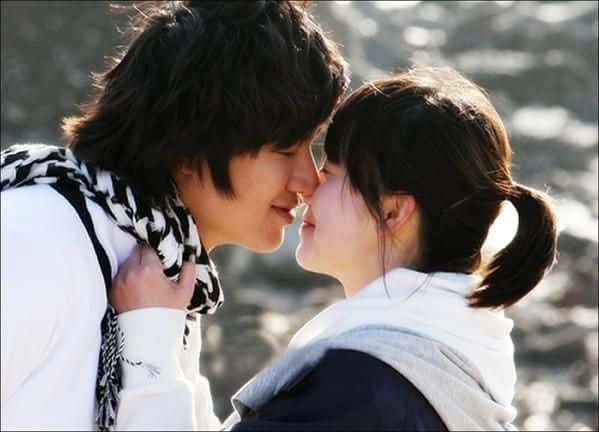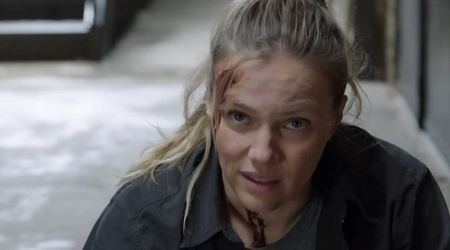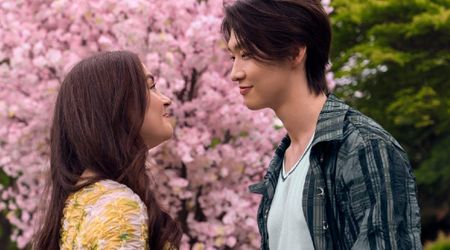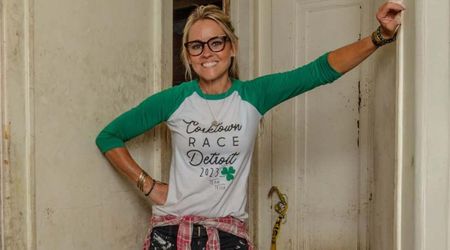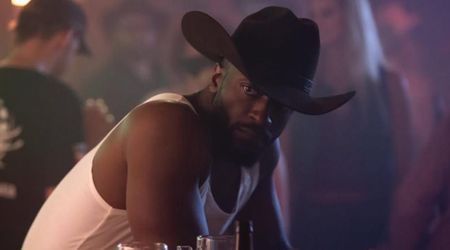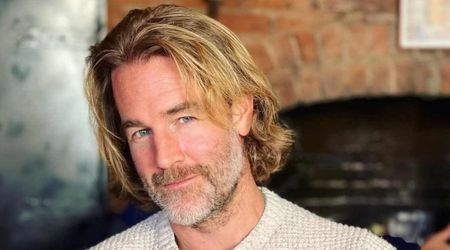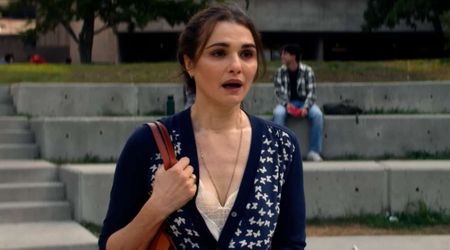'Pachinko': Will Lee Min-ho's Koh Hansu be a romantic? What K-dramas get wrong about toxic relationships

Spoilers for 'Pachinko' (the novel)
One of the most anticipated Korean dramas of 2021 is 'Pachinko', the first Korean drama from Apple TV+, adapted from Min Jin Lee's bestselling novel of the same name. 'Pachinko' is highly anticipated for many reasons, not least of which is that Hallyu star Lee Min-ho will star as one of the central characters, Koh Hansu.
Lee Min-ho is known for his romantic lead roles, the most recent being his role in SBS's 'The King: Eternal Monarch', which aired internationally on Netflix. Min-ho is often seen as to go-to choice for romantic heroes, and the teaser for his character in 'Pachinko' suggests the same. The press release states that Lee Min-ho will play Hansu, an enigmatic outsider and merchant with ties to organized crime, who embarks on an illicit romance with far-reaching consequences. In another article, Hansu's relationship with Sunja is termed "forbidden".
RELATED ARTICLES
Is Koh Hansu a romantic character?
There is just one problem with that — characterizing Hansu's "romance" with Sunja as forbidden and illicit, already romanticizes this relationship, which would be termed illegal if it took place in this day and age. It also indicates that Min-ho's presence in the role of Hansu would only serve to romanticize him further. In the book, Sunja is just 16 years old when she meets Hansu, who is in his early 30s.
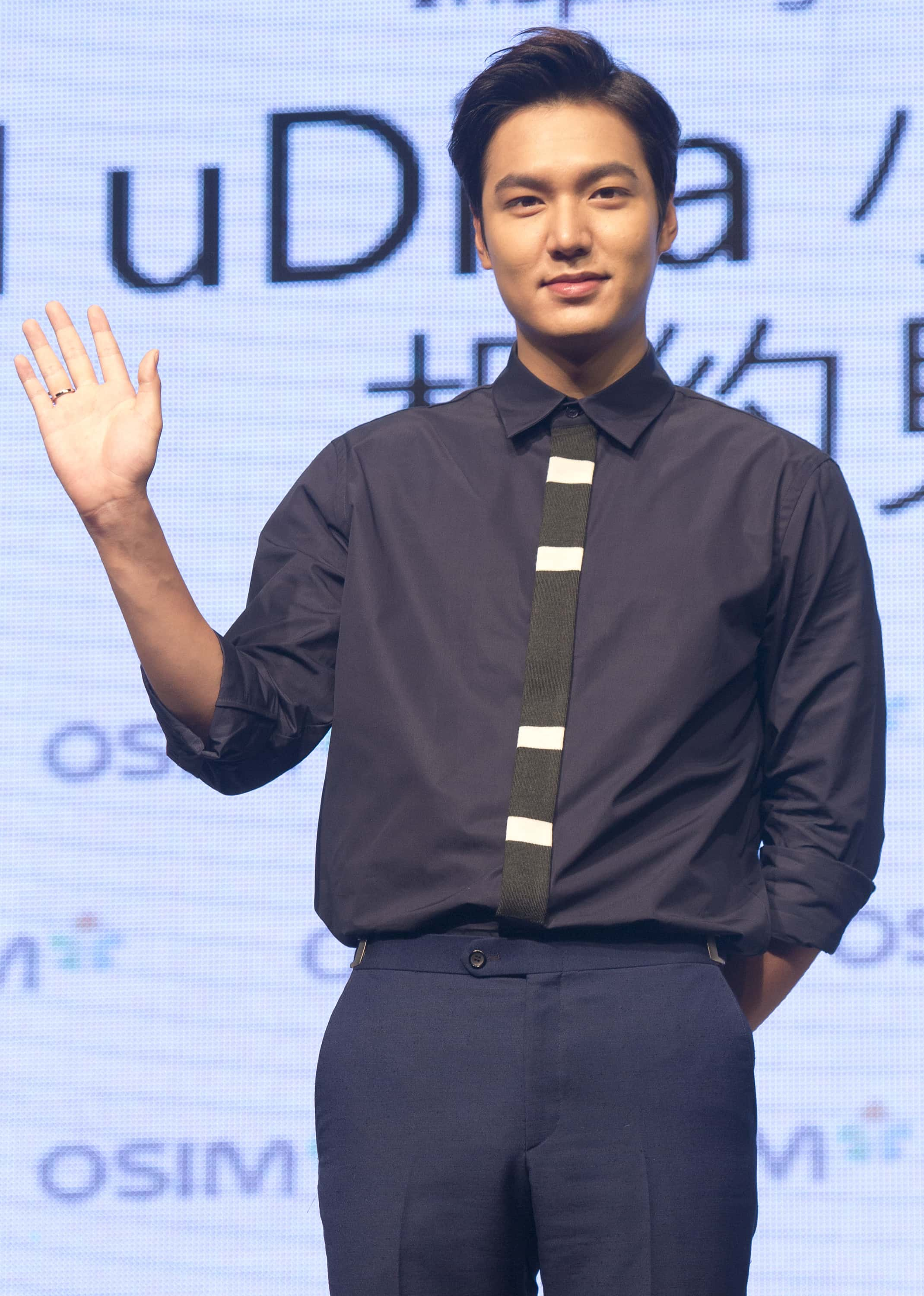
Hansu seduces Sunja and starts sleeping with her — a passage in the book that leaves the reader uncomfortable because it is clear that Sunja is mentally younger than her physical age. When Sunja becomes pregnant, he tells her he is already married and has a wife and kids in Japan. He offers her the choice to live as his mistress, which Sunja rejects. She later marries Isak, a priest, and moves to Japan with him.
Now here's the next part that is troubling — in publicizing Min-ho's character, Hansu is portrayed as someone who "uses his massive influence to keep Sunja as well as her family safe and well." In less romanticized words — Hansu uses his position in the Yakuza to manipulate Sunja and her family's circumstances, with the disillusionment that he is protecting her, but in fact, just harming her further.
What K-dramas get wrong about toxic relationships
The romanticization of manipulation and abuse is not new in Korean dramas — and it is certainly not new for characters played by Lee Min-ho. The actor's roles in both 'The Heirs' and 'Boys Over Flowers' are those of rich boys, often indifferent to others, and are bullies. These characters both fall in love with poor girls, who inevitably change them for the better. Min-ho's character in 'Boys Over Flowers' is a bully to an extent where his torment causes another character to attempt suicide.
In 'The Heirs', Kim Tan (Lee Min-ho) and Cha Eun-sang (Park Shin-hye) fall in love, despite Kim Tan being engaged to Rachel Yoo (Kim Ji-won) — another toxic relationship entirely. Many actions of Kim Tan left a lot to be desired — for instance, when he tells Cha Eun-sung that he would invade her privacy because he likes her.
But this romanticization is not exclusive to Lee Min-ho characters. There are a shocking number of Korean dramas that normalize abuse, including 'Playful Kiss', 'Secret', 'Cheese in the Trap' and 'Secret Garden', among others. According to Beyond Hallu, the main reason for this could be "convenience." The author writes, " A Korean drama must keep the main couple apart or at least in an on/off relationship throughout the series in order to prolong the plot. If the couple got together happily in Episode 3 with no obstacles, what would be left to say? Having an ice-cold and cruel male lead prolongs the 'warming', and leads to better emotional payoff when they are finally united at the end."
The author goes on to explain why this is dangerous. The trope of a "good girl" changing a "bad boy", aka her abuser, is prominent and transmits a dangerous message to audiences who include impressionable young people.
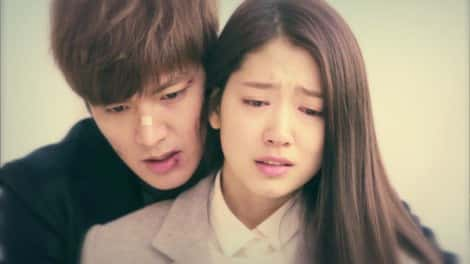
'Playful Kiss' is perhaps one of the worst depictions of toxic relationships whitewashed on Korean television. In it, the female lead played by Oh Ha-ni (Jung So-min) does just about everything to please the male lead, Baek Seung-jo (Kim Hyun-joong), who is never satisfied and continues to belittle her. He often embarrasses her and destroys her self-esteem, and yet, they get together.
Even recent dramas that are popularized because of the chemistry between the lead characters are guilty of this. Park Seo-jun and Park Min-young are really good together onscreen in 'What's Wrong with Secretary Kim?', but that the drama behind with Park Seo-jun's Lee Young-joon being Kim Mi-so's boss and his narcissistic behavior causing him to have Mi-so at his every beck and call, is a cause for concern. In 'Tale of the Nine-Tailed', Lee Yeon's (Lee Dong-wook) romance with Ah-eum (Jo Bo-ah) is shown to start when she is a very young girl. True, Lee Yeon brushes her away, but the scene still leaves a bad taste when a little girl tells a grown man that he is hers.
In fact, power imbalances are present in many romantic relationships in Korean dramas, including many in the secretary/boss romances genre that are abundant ('Her Private Life', 'Level Up' and 'Jugglers', among others).
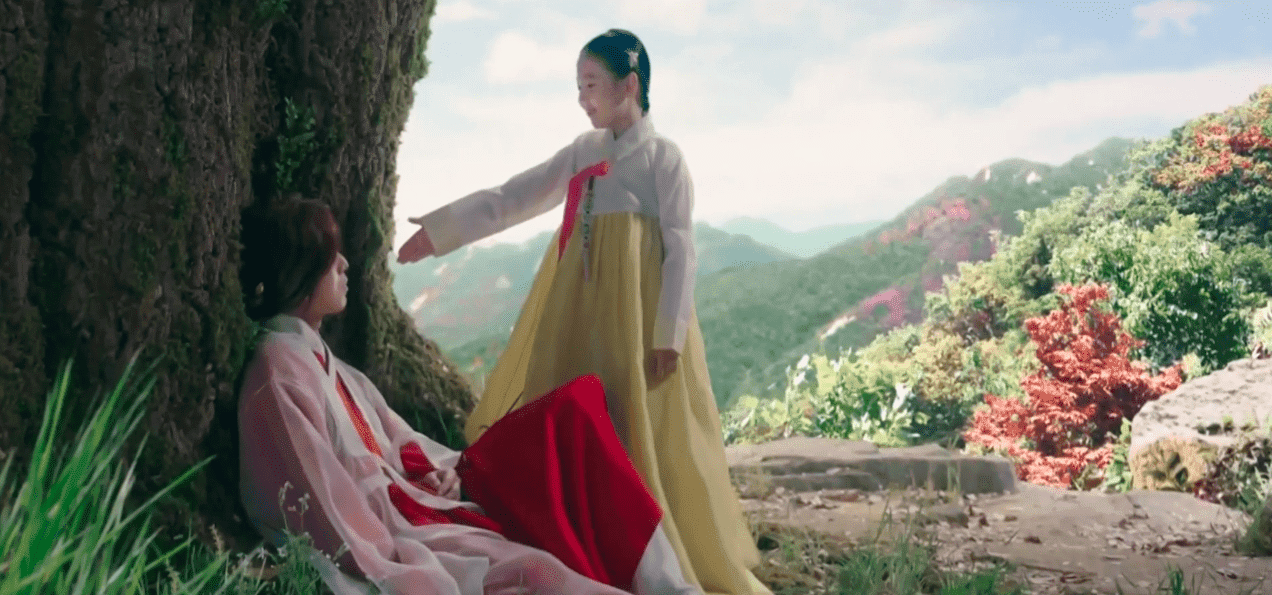
There is also the inappropriate student-teacher romance genre. One of the most inappropriate relationships among the main leads in Korean dramas is that of the love story between Hong Ji-hong (Kim Rae-won) and Yoo Hye-jung (Park Shin-hye) in 'The Doctors'. Hye-jung first meets Ji-hong when he is her teacher at high school. They later meet when they are both neurosurgeons at a hospital 13 years later. It is when Hye-jung disappears from school that Ji-hong realizes he fell in love with her, which is certainly far from appropriate.
In every one of these dramas, the toxicity is brushed off. There is a "happily-ever-after" and the drama ends. But the impact of these dramas on a society that is often called out for its misogyny, is downplayed.
This brings us back to 'Pachinko'. The Apple TV+ series is being made for a global audience, and so, the tropes often present in Korean dramas may not make their appearance. Nevertheless, we're yet to find out if whether the series will actually show Koh Hansu to be the narcissistic, manipulative character that he is or if Lee Min-ho, in the role, would make the writers change the narrative to show the 'good guy' character he tends to maintain in his projects.
